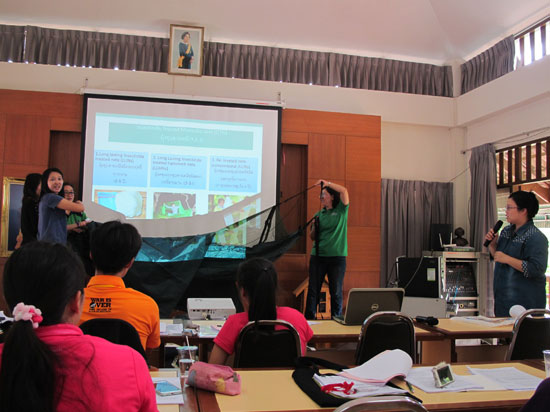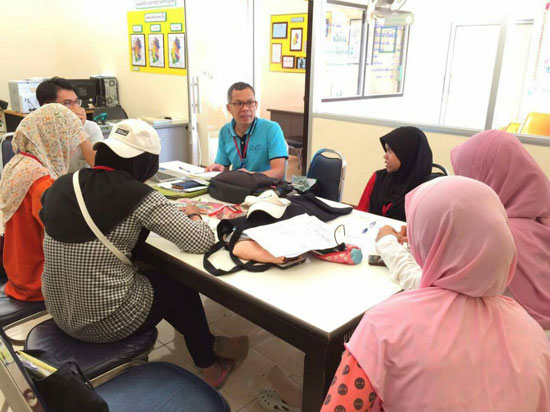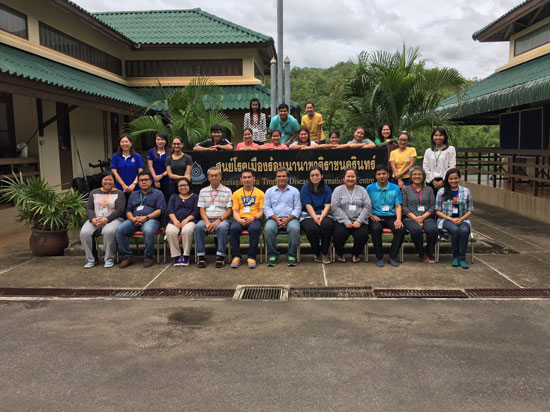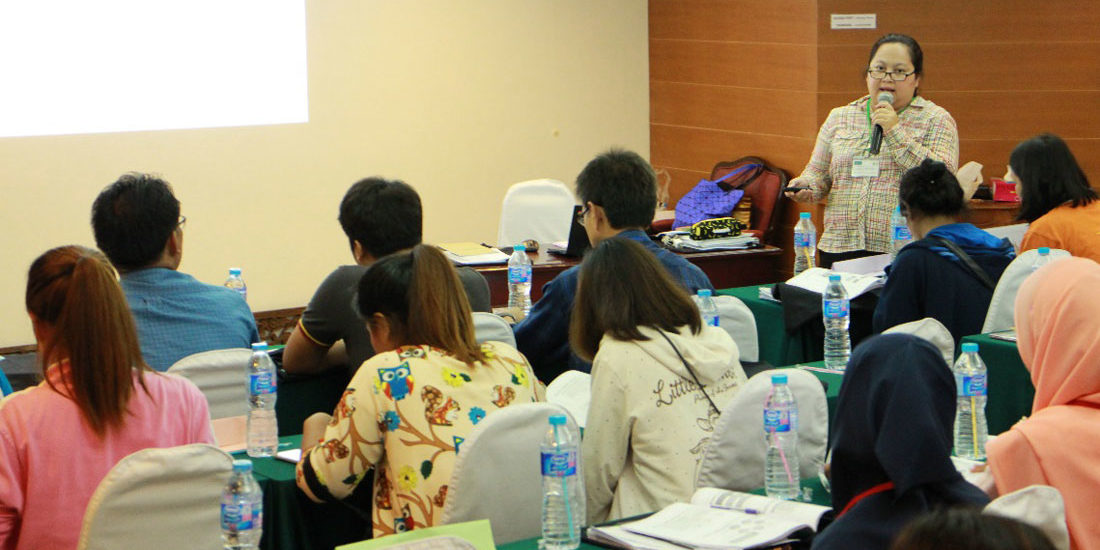Malaria Consortium (MC) has been working on the control of malaria and other communicable diseases in Africa and Asia. The MC commissioned SUPA71 to do an end line survey and net preference study to investigate malaria preventive interventions in the Thai-Myanmar and Thai-Cambodia border beginning April to August 2016.
Using mix-method research design, SUPA71 conducted household surveys, key informant interviews and focus group discussions in four study sites; total of 42 provinces in Thailand. Prior to survey implementation, both the quantitative and qualitative data gathering teams were trained to pretest tools, methods, and interventions to collect data in the field, two months before. Quantitative team were briefed on how the electronic survey platform, running in Open Data Kit (ODK) functions, while qualitative team were oriented on guidelines to be observed during the interviews and discussions. Data management and handling protocols were set and agreed upon by both parties of Malaria Consortium and SUPA71.
This survey implementation has:
- measured malaria knowledge, attitudes and exposure to behavior change communication (BCC) in targeted;
- explored behaviors, perceptions, preferences and barriers to utilization of ITNs/LLINs;
- tracked progress and trends in key programe performance indicators since the baseline and midline KAP surveys; and
- assessed baseline levels of malaria knowledge and prevention practices for the Thailand National Elimination Strategy (2016-2025)
Conducting this study builds upon results of the Thailand Malaria Survey 2012 and the KAP survey 2015 which provided estimates for key indicators and investigated key findings of the report in 2012 and 2015. It is hoped that the information gathered in this survey will be useful for the national malaria control program as it seeks to achieve the goals articulated in the National Malaria Strategy for Control and Elimination of Malaria (2011-2016).
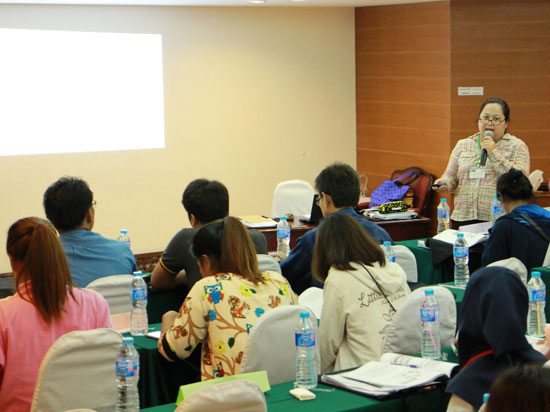
Dr. Suwannarong, team leader of the study, during the household survey training for the quantitative team.
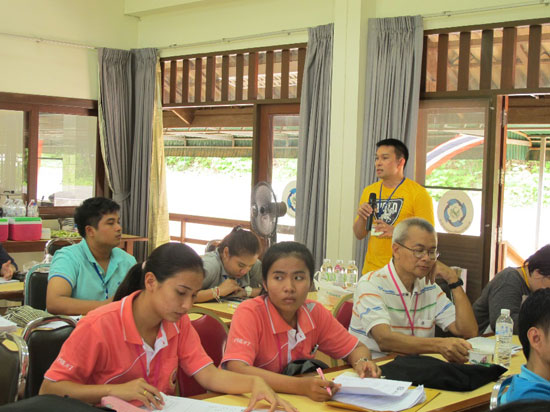
Qualitative team training before data collection at Ratchaburi Province.
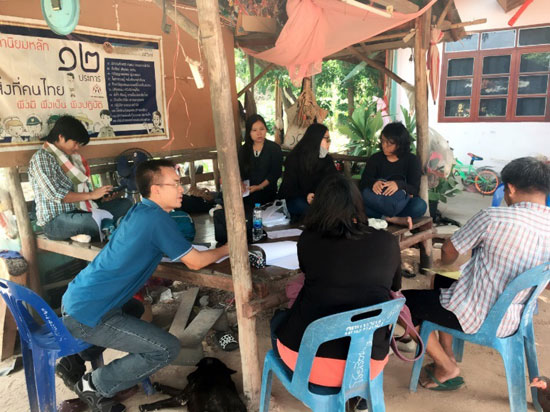
Data collection in one of the 42 province in Thailand.
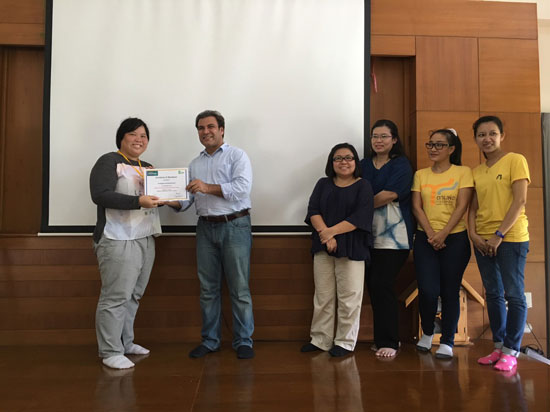
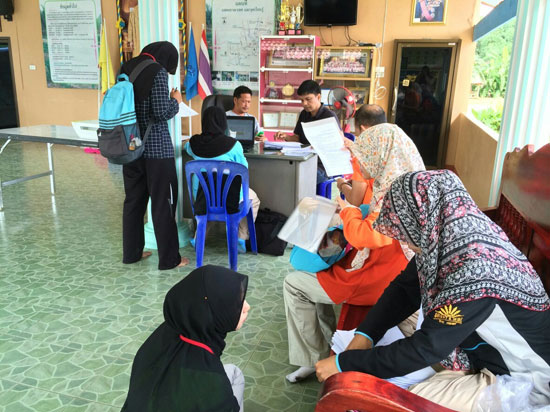
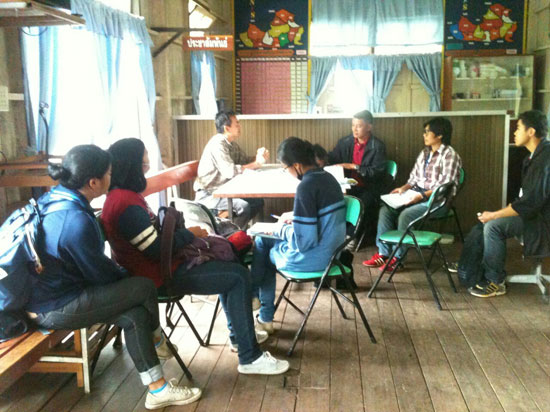
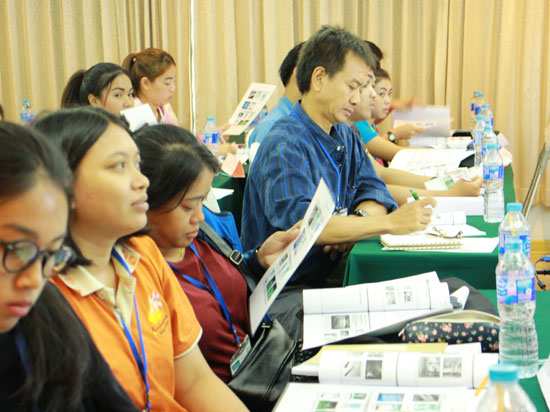
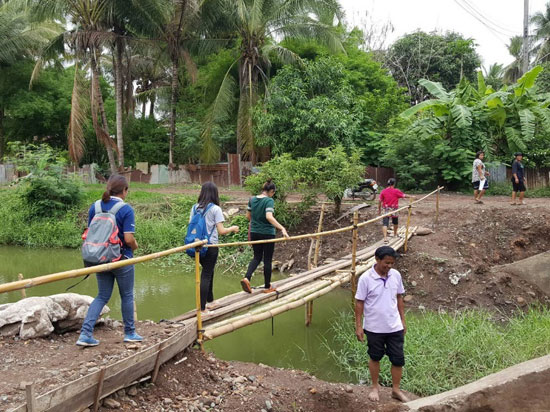
Crossing the bridge to interview subjects at a province of quantitative survey.
